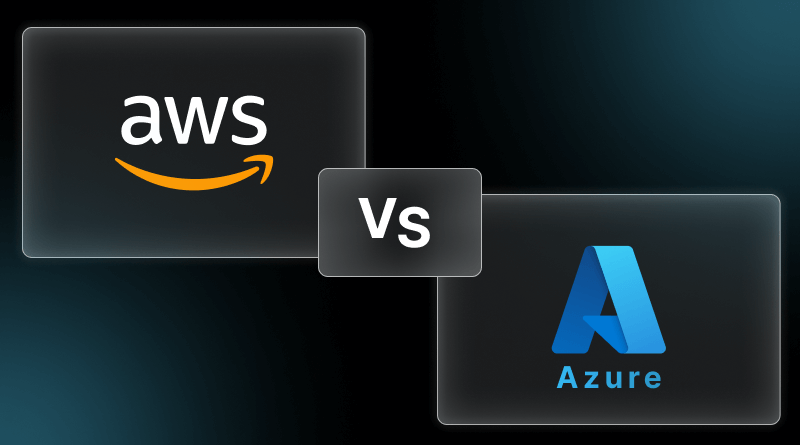Choosing between AWS (Amazon Web Services) and Azure (Microsoft Azure) depends on your business needs, technical requirements, and budget. Here's a breakdown to help you decide which cloud platform is better suited for your organization:
1. Market Leadership and Ecosystem
- AWS: The leader in the cloud space with the largest global market share. It boasts a wide range of services, scalability, and a mature ecosystem.
- Azure: A strong second, especially appealing to businesses already invested in Microsoft tools like Windows Server, Office 365, and Active Directory.
2. Service Offerings
- AWS: Offers over 200 services, including advanced AI/ML tools, data analytics, IoT, and extensive storage options. Known for its flexibility and variety.
- Azure: Provides a comparable range of services with a focus on seamless integration with Microsoft products and hybrid cloud environments.
3. Pricing
- AWS: Operates on a pay-as-you-go model, with pricing that can become complex due to the vast array of services and configurations.
- Azure: Offers competitive pricing with hybrid use benefits, especially for organizations with existing Microsoft licensing.
4. Performance and Global Reach
- AWS: Has 100+ availability zones across 30+ regions, ensuring low latency and high performance worldwide.
- Azure: Continues to expand its presence with 60+ regions globally, making it an excellent choice for businesses targeting global markets.
5. Support for Specific Workloads
- AWS: Preferred for startups, developers, and businesses seeking a highly flexible and robust environment.
- Azure: Often favored by enterprises reliant on Microsoft technologies, as well as industries requiring strong hybrid cloud solutions.
6. Security and Compliance
- AWS: Extensive security options and a large set of compliance certifications across industries.
- Azure: Similar security features but excels in compliance, especially for government and enterprise-level operations



No comments:
Post a Comment